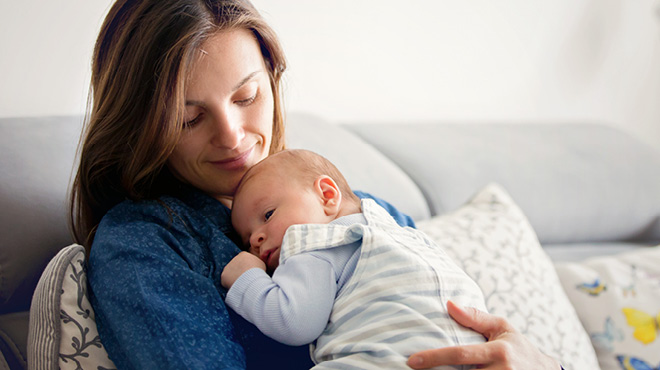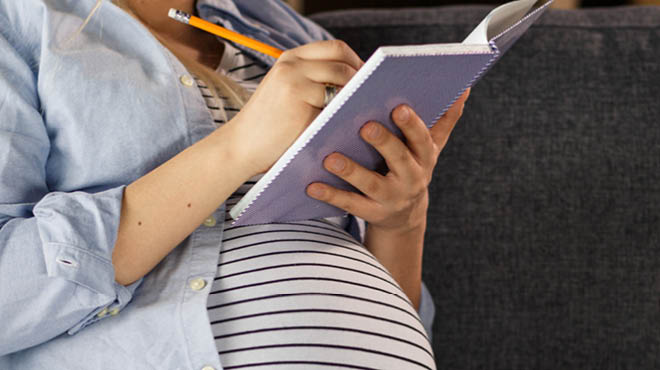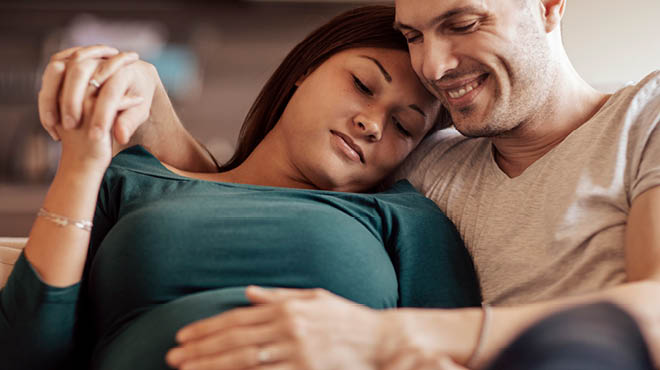Recent Posts
Oh, my aching pregnancy back: 5 tips to help find relief

Back pain is a common complaint during pregnancy. As you gain weight, your center of gravity shifts forward. To avoid falling forward, you compensate by leaning back, which can strain the muscles in your lower back. The pregnancy hormone also contributes to back pain because it relaxes the ligaments in the joints of the pelvis to make them more flexible to prepare for the baby to pass through the birth cannel. Unfortunately, this also can cause back pain.
You can ease back pain during pregnancy with these five helpful tips:
1. Practice good posture.
Good posture can help alleviate back pain. Stand up straight, hold your chest high while keeping your shoulders back and relaxed, and don't lock your knees. Good posture also means sitting with care. Choose a chair that supports your back. Or place a small pillow behind your lower back. Use a comfortable, wide stance for the best support when you stand. If you stand for long periods of time, you may want to rest one foot on a low stool.
2. Choose the proper attire.
Wear low-heeled — not flat — shoes with good arch support. Avoid high heels. You may consider wearing a maternity support belt. Research on the effectiveness of maternity support belts is limited, but some women find it helpful.
3. Take a daily walk.
With your health care team's OK, include daily physical activity in your routine to keep your back strong. Gentle activities, such as walking, are OK during pregnancy. Stretching your back also can be beneficial. Rest on your hands and knees with your head in line with your back. Pull in your stomach, rounding your back slightly. Hold for several seconds, and then relax your stomach and back, keeping your back as flat as possible. Gradually work up to 10 repetitions.
4. Lift properly.
To lift a small object, squat down and lift with your legs. Don't bend at your waist or lift with your back. It's important to know your limits and ask for help if you need to lift something.
5. Sleep in a good position.
Sleep on your side as opposed to your back. Keep one or both knees bent. You also may want to use pregnancy or support pillows between your bent knees, under your abdomen and behind your back. Applying a heating pad or ice pack, as well as massaging sore areas also may help relieve discomfort.
When to consult your health care team
If you have severe back pain or pain that lasts more than two weeks, talk with your health care team. They may recommend over-the-counter medication, such as acetaminophen, or other treatments, like stretching and exercises with a physical therapist.
Back pain during pregnancy can be a sign of preterm labor or a urinary tract infection. If you have back pain with vaginal bleeding, fever or burning during urination, contact your health care team right away.
Abbey Rose is a certified nurse midwife in OB-GYN in Tomah, Wisconsin.





